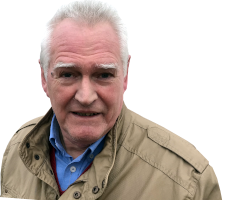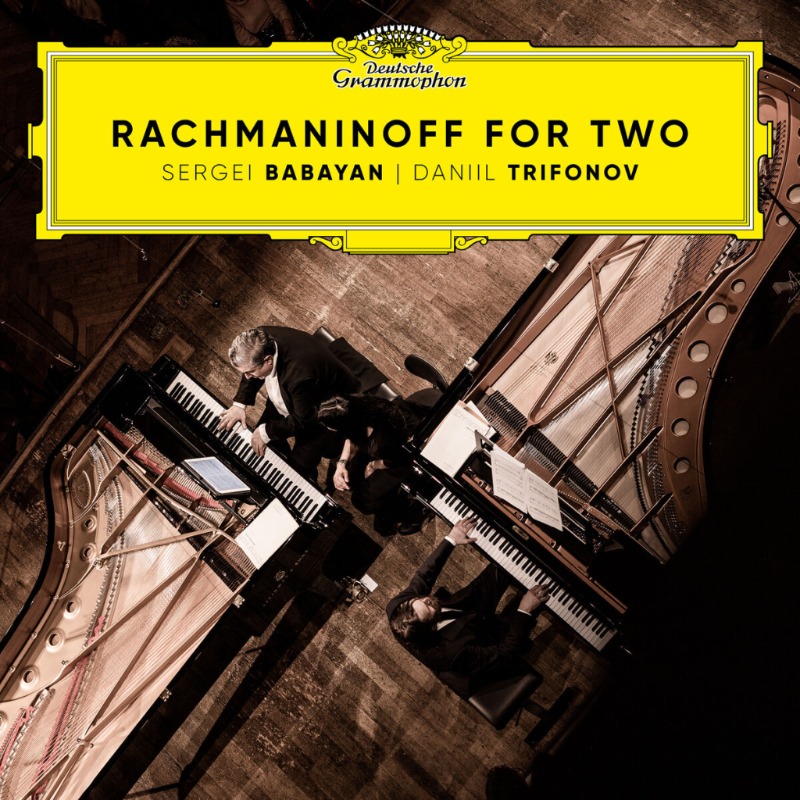search
date/time
 | Yorkshire Times A Voice of the Free Press |

Mike Tilling
Arts Correspondent
12:01 AM 18th May 2024
arts
Review
Classical Music: Rachmaninoff For Two
Suites Nos. 1 & 2, Symphonic Dances, Adagio from the Second Symphony’s tr Daniil Trifonov.
Danill Trifonov and Sergei Babayan celebrate Rachmaninoff’s 150th anniversary with a double-disc album of the composer’s major works for two pianos.
Deutsche Grammophon 00028948648054
https://www.deutschegrammophon.com/en

I have always been fascinated by the relationship between the artists in a piano duo since I saw the Labeque sisters walk off stage hand in hand. How do they agree on who takes which part? Is there a concept of a leader? Is it the musician with the most international honours who pilots the ship (in this case, not the width of a postcard between them)? Do they alternate adagios and allegros?
After the failure of his Symphony No. 1, Rachmaninoff fell into a deep depression. It took him four years to recover. His eventual response was the Suites for two pianos, Numbers 1 and later 2, and later still the triumph of his Symphony 2. Only the adagio is selected for this disc by Trifonov in a super transcription. At times, throughout the selection, an orchestra seems somehow superfluous as the cascade of notes overwhelms the listener. We are in the territory of the late Russian Romantics—a wild and untrammelled place.
Written specifically for two pianos, the more popular of the two suites is the second. It is difficult to see why, since I think there is a curious sensation that the first is more mature than the second. Opinions will vary, but they both have the distinctive feel for melody that has become a hallmark of Rachmaninoff’s work.
Rachmaninoff wrote the three sections of the Symphonic Dances, originally known as 'The Fantastic Dances', 'Noon,' 'Twilight', and 'Midnight', as his final compositions before his death in 1943. There are hints of nostalgia for Russia and Rachmaninoff's life there. Certainly there are references to contemporary composers, and the orchestral version has the innovation of an alto sax in the first movement.
Rachmaninoff wrote the version for two pianos at the same time as he composed the orchestral version, but only played it once himself, with Vladimir Horowitz. Of course, it went on to become one of his most popular pieces.
Deutsche Gramaphon has done an excellent job of capturing the playing of two consummate artists. I seem to remember that in the last days of vinyl recording, quality achieved the apotheosis that CDs are reaching now. Will the CD go the same way as the vinyl record?
I recommend that any lover of Rachmaninoff seize this high-quality offering.